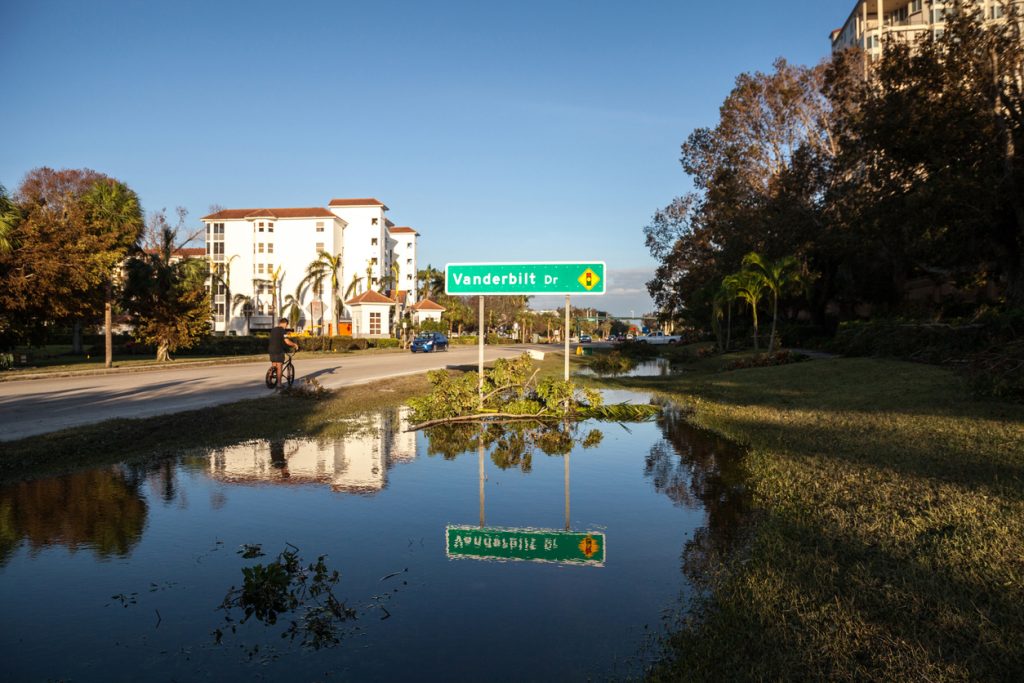
This time of year it rains every single day. And we aren’t talking about normal rain either. These are monsoon type of rain storms. The sky will go from bright and sunny to as dark as night in a matter of minutes. The sky then opens and lightning and thunder viciously take over the atmosphere.
Does this sound familiar? I bet it does. That is life in Brevard County for the months June – August (sometimes longer). The extra water produced by these storms is dealt with in various ways. Florida has an intricate network of canals and our streets have sewers that are deep and wide. Just about every neighborhood has a drainage pond (or three) around the bend. But, what happens when the system cannot handle all of this water?
The number one answer to this question is simple: We get flooded. The water backs up into the streets and into some yards and can cause panic and dismay. It can cause people to get into auto accidents and it can cause serious erosion in yards and on land surrounding bodies of water.
Time is truly the only cure for the flood that ills us. It simply takes the Earth a certain amount of time to swallow up this huge influx of H2O. Florida is a state known for being surrounded and infiltrated by water so residents are sort-of used to it.
A very bad side-effect of flooding is the release of toxic waste into the environment. Flooding often overpowers treatment plants and sometimes this can cause a dangerous overflow. For instance, Hurricane Ian caused over 350,000 gallons of sewage to spill over into our waterways.
Floods can also cause trouble for people with septic tanks. If the lawn is flooded, the leech fields have a hard time dispersing their waste water evenly and properly. This can cause an issue with the system itself.
There isn’t a whole lot we can do as far as controlling the weather. In fact, there is zero we can do. But, there are some measures you can make to minimize the impact on you and your family.